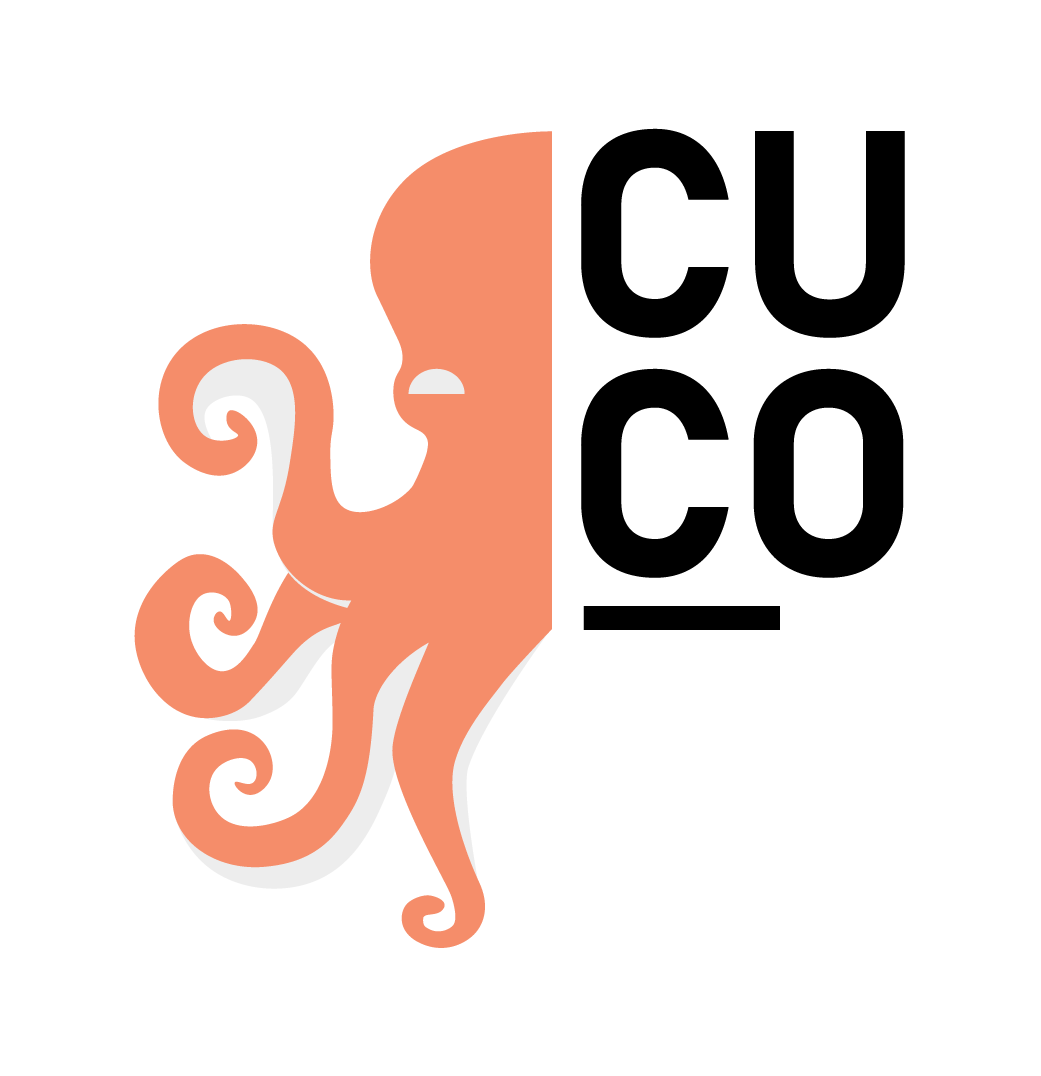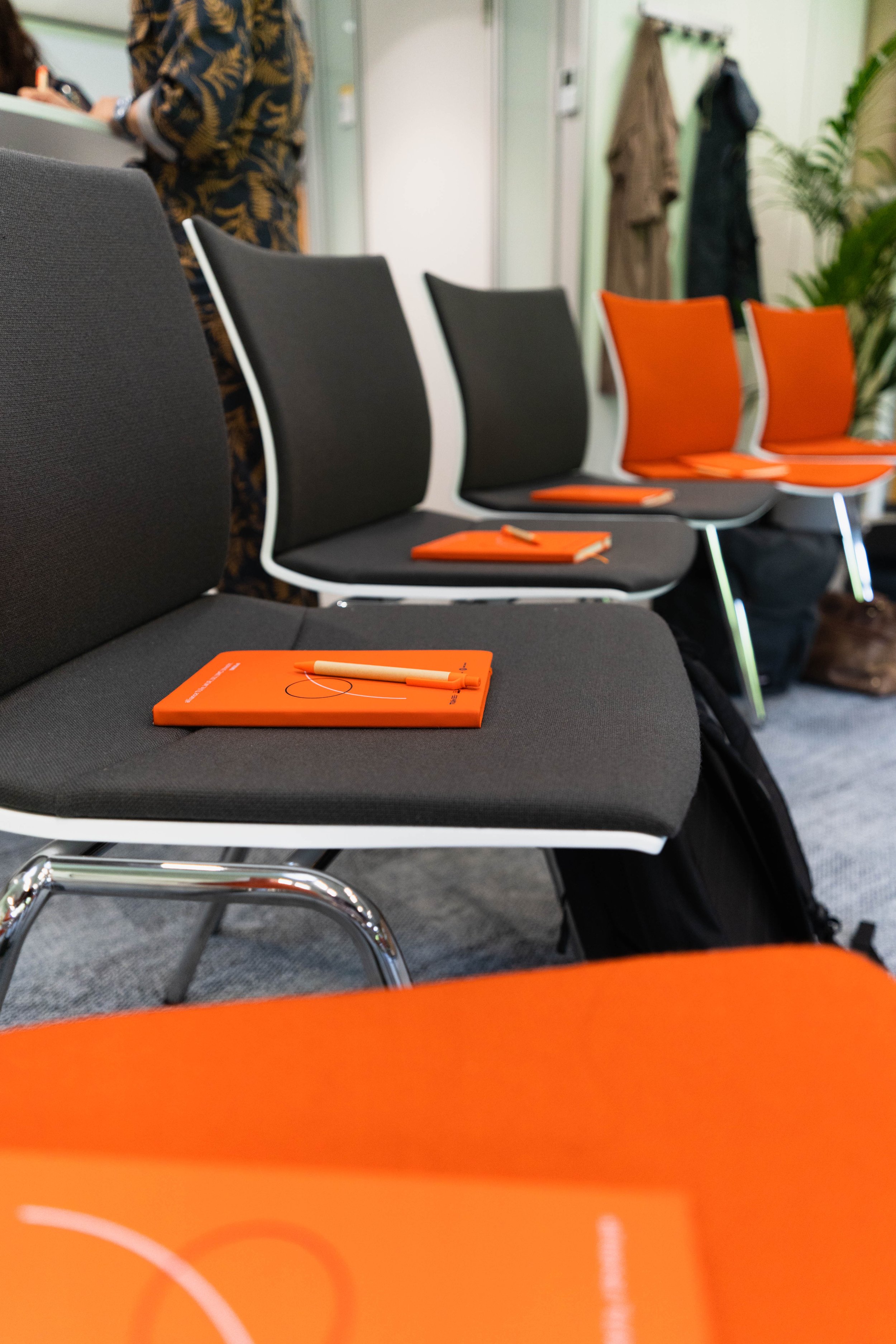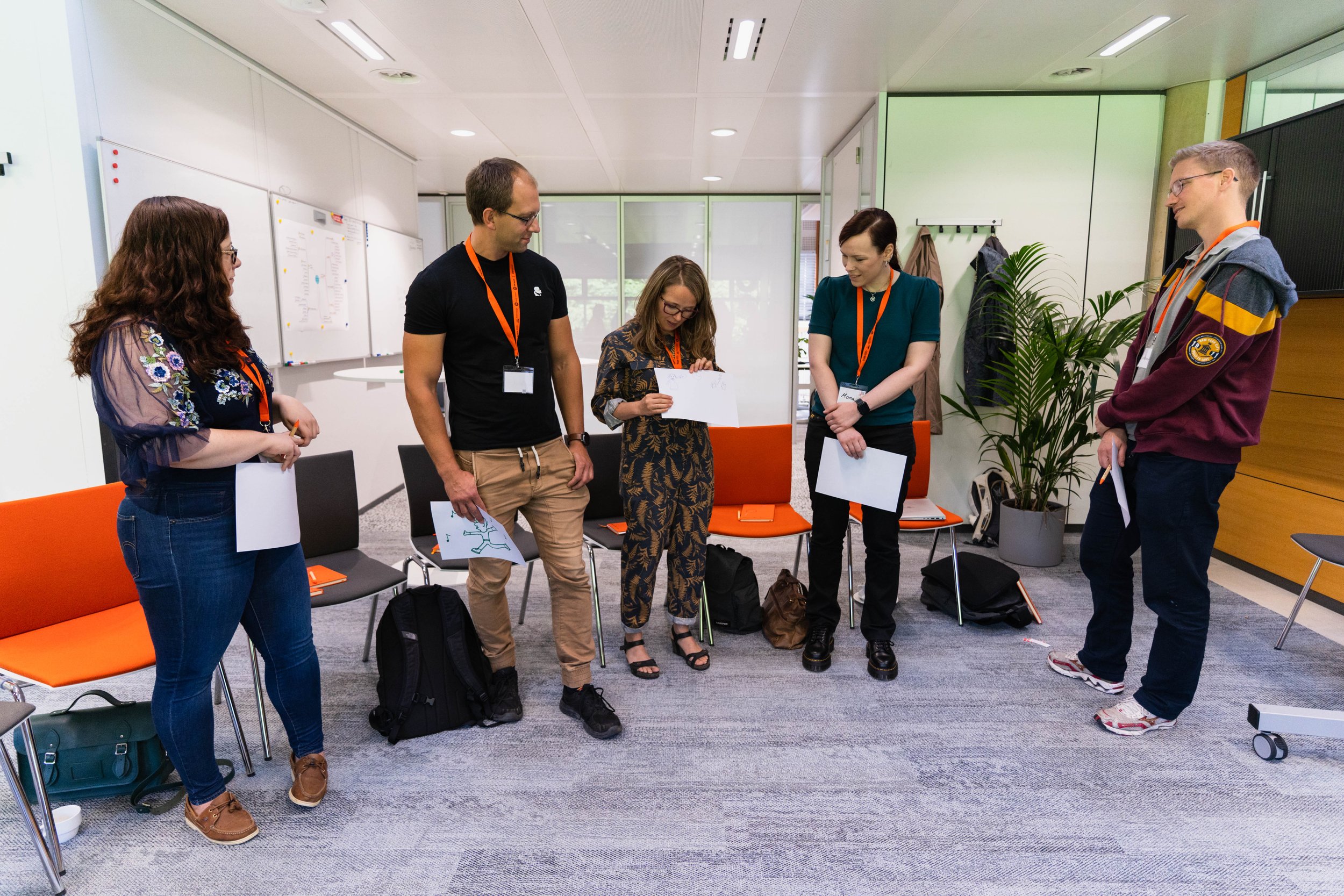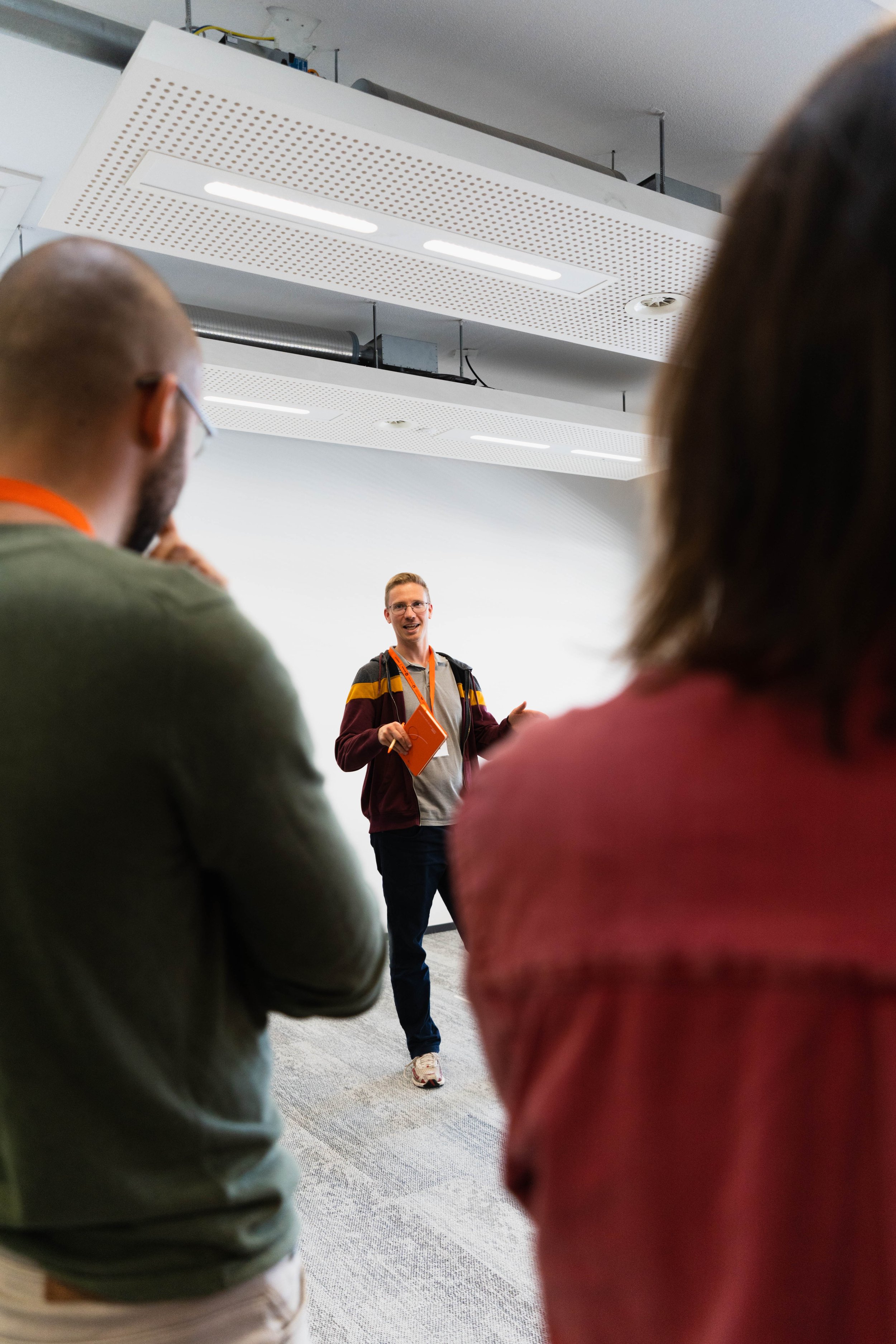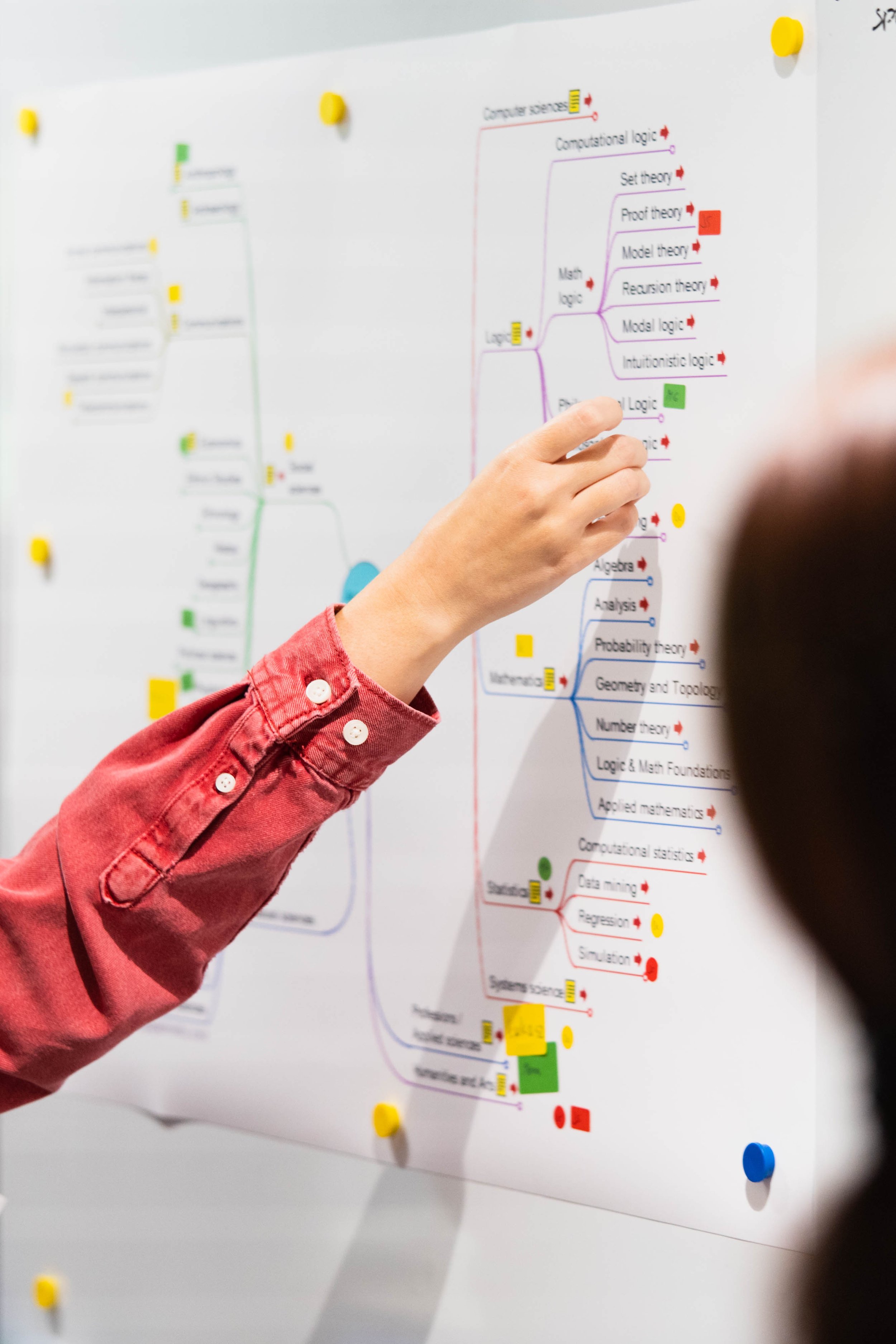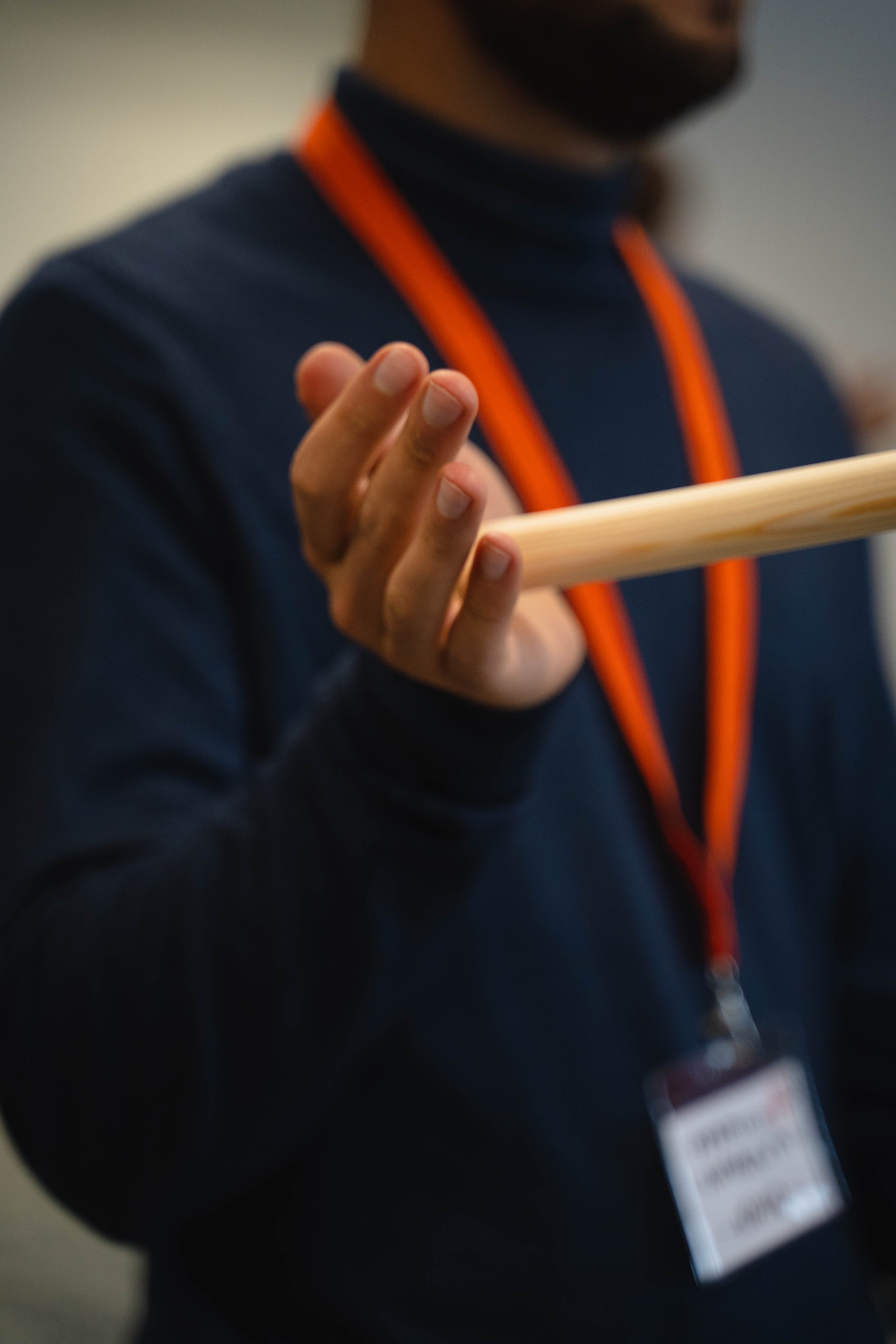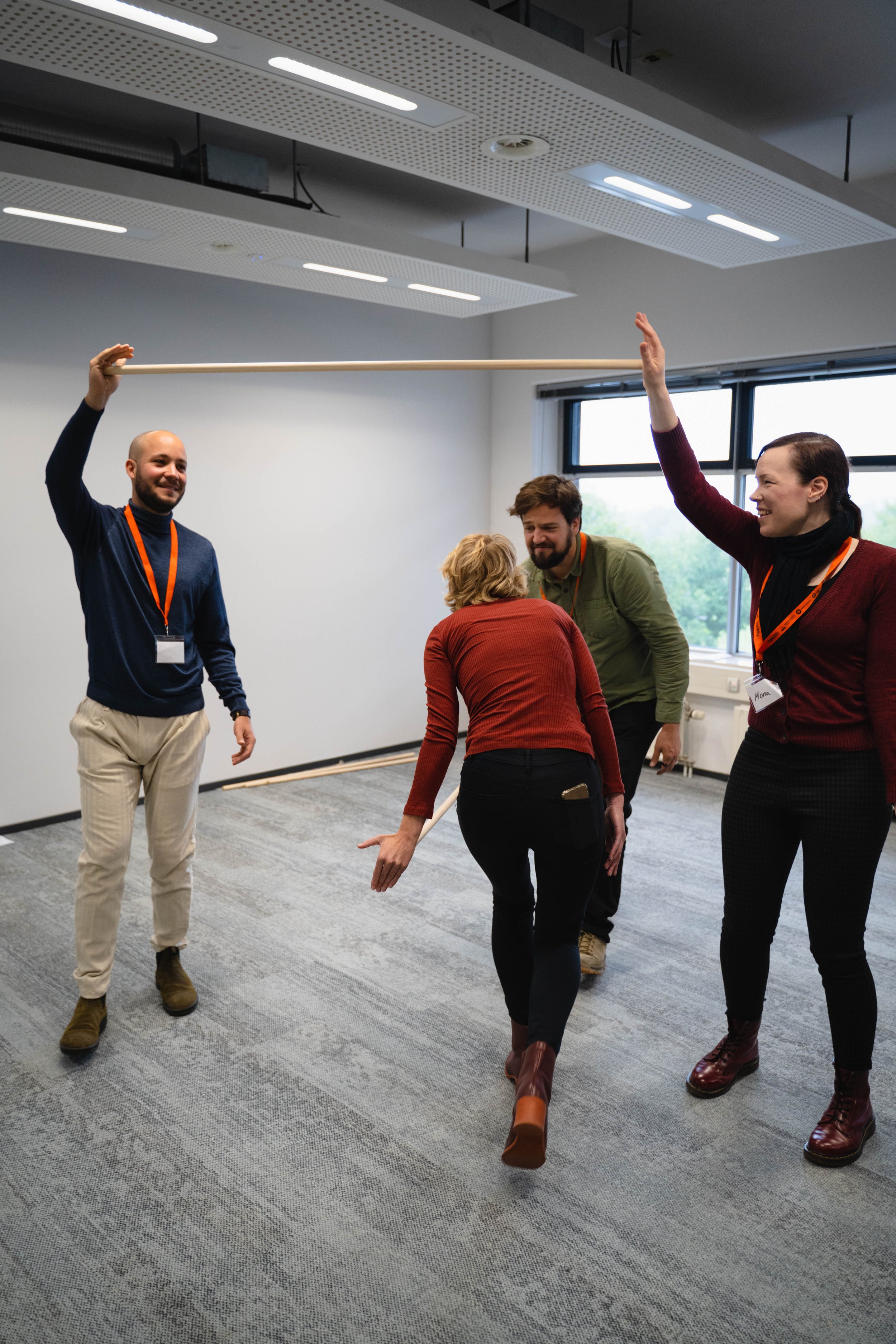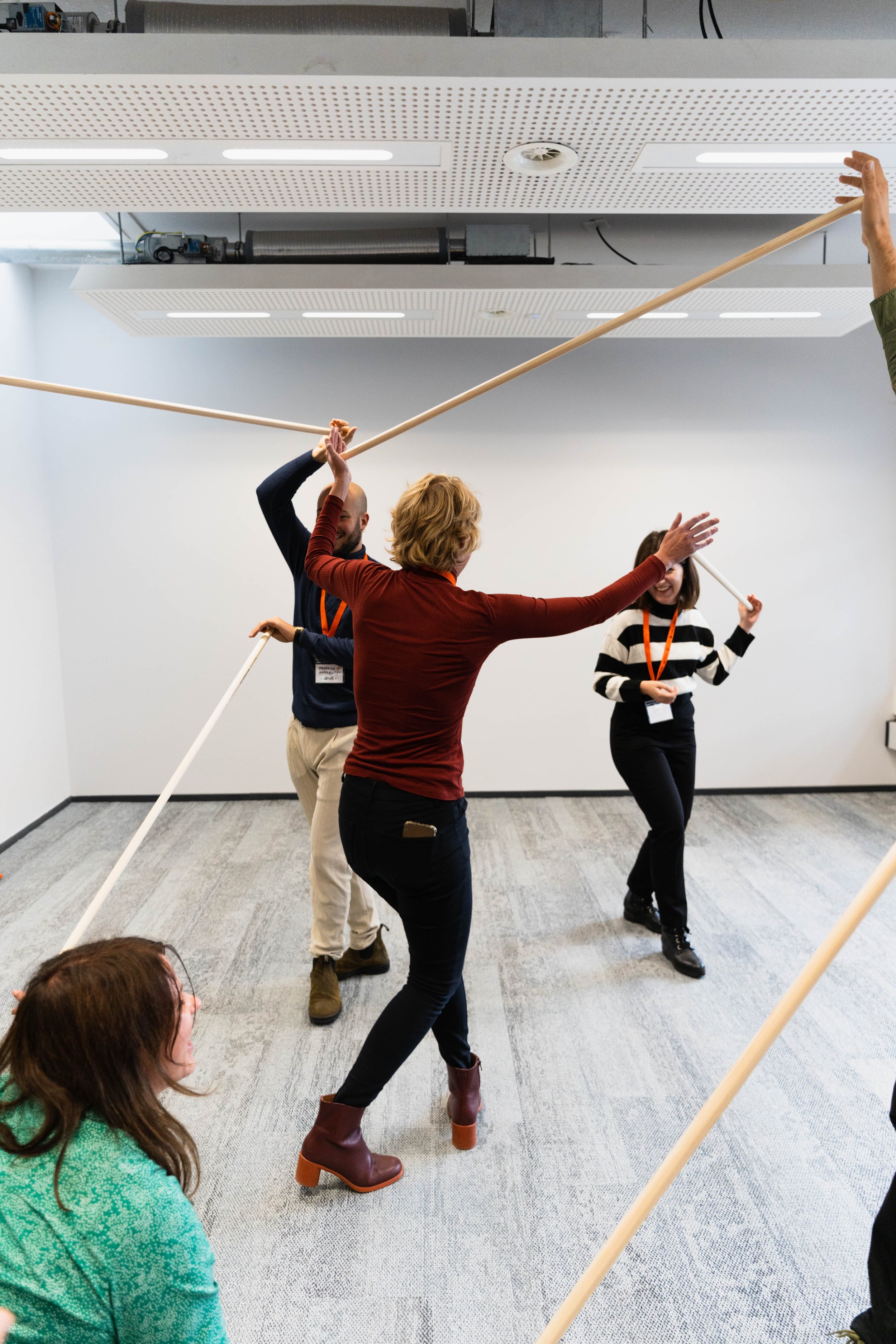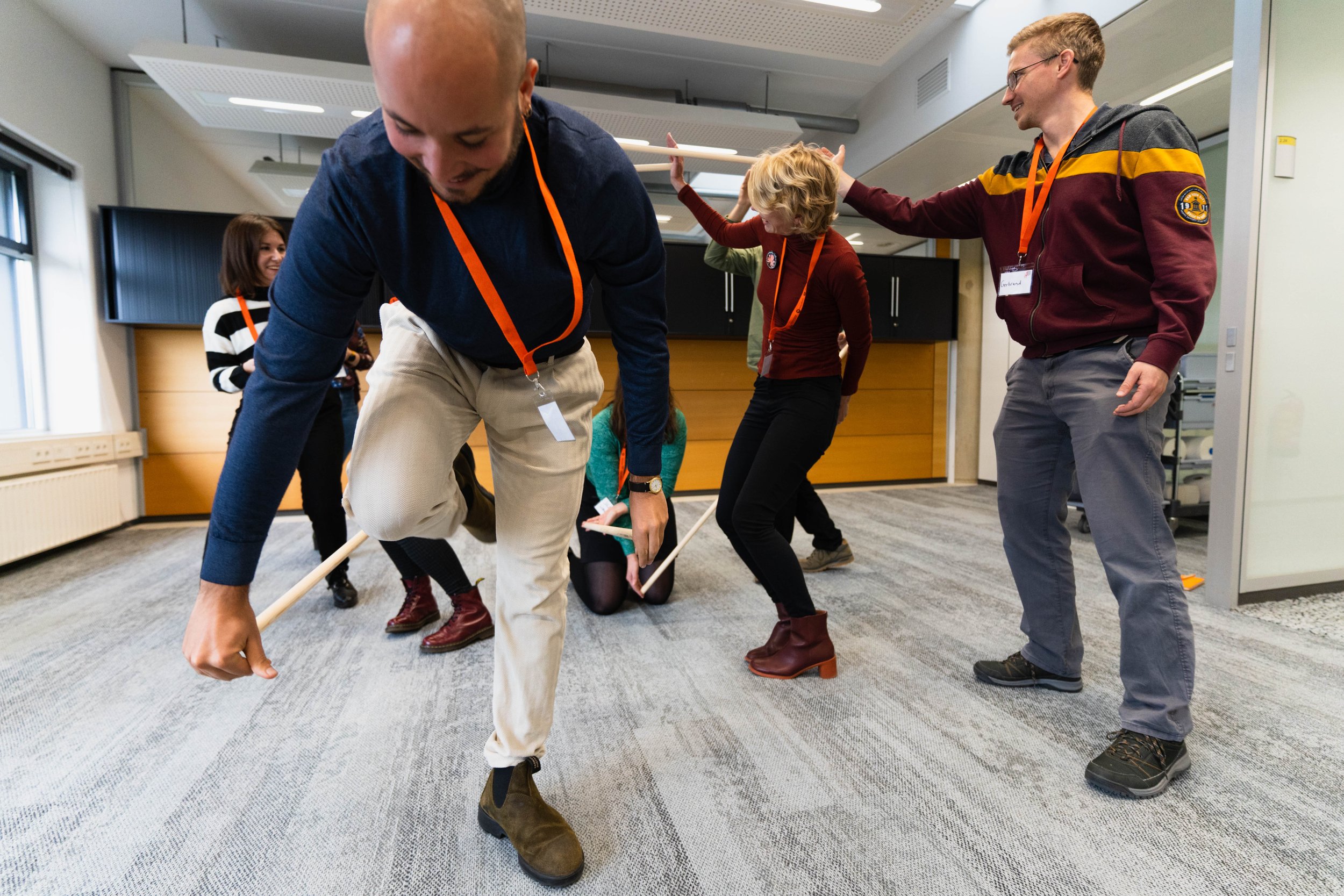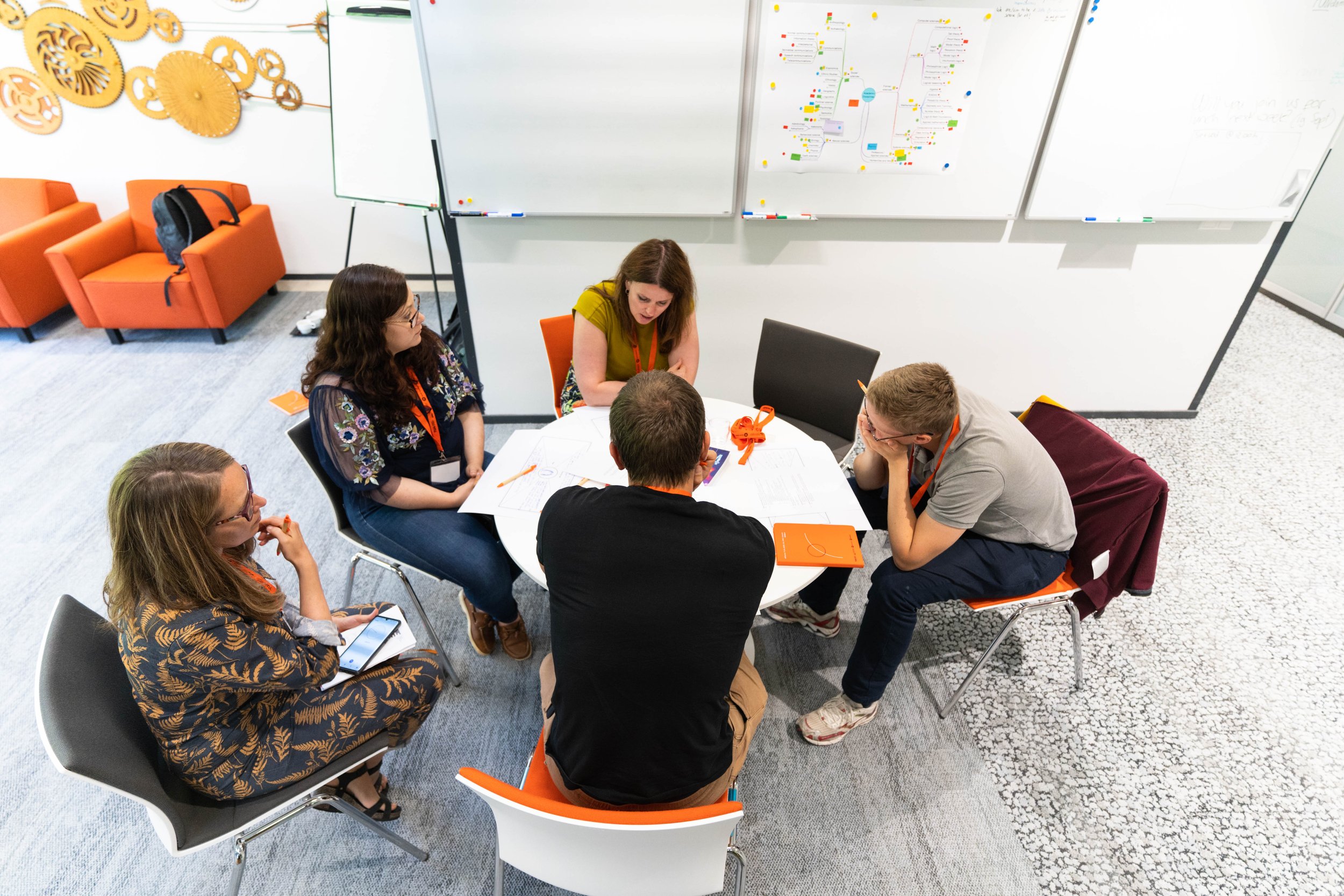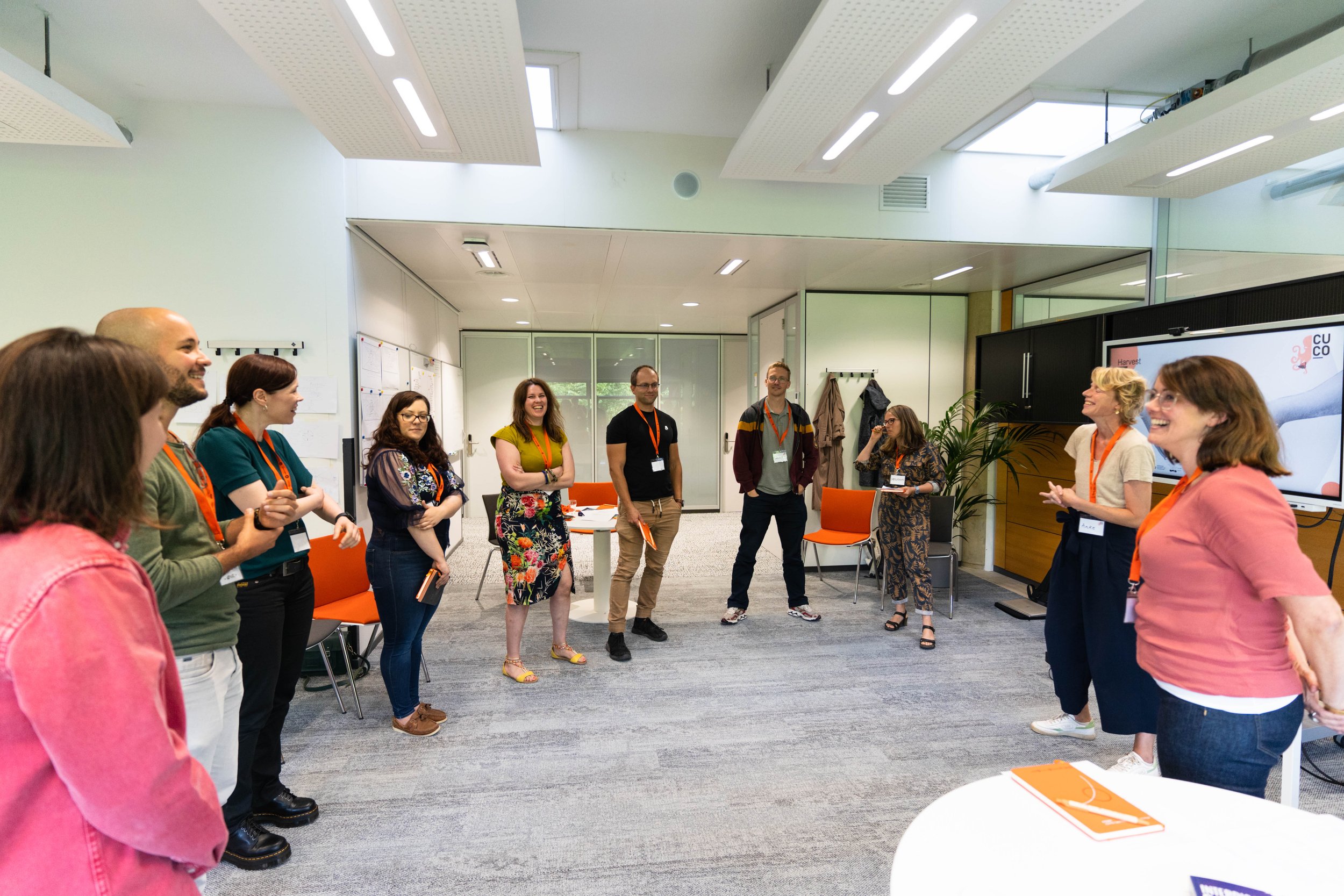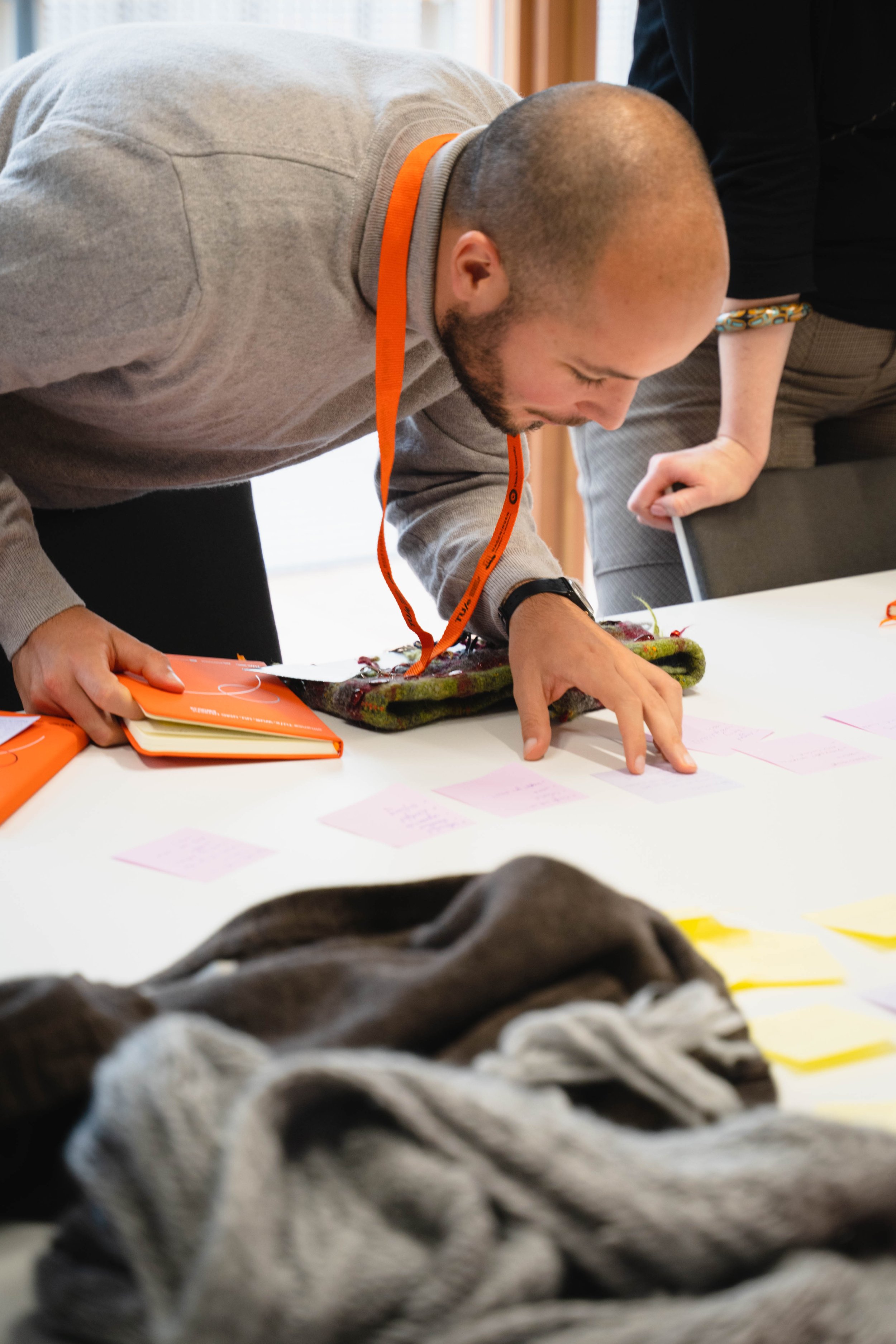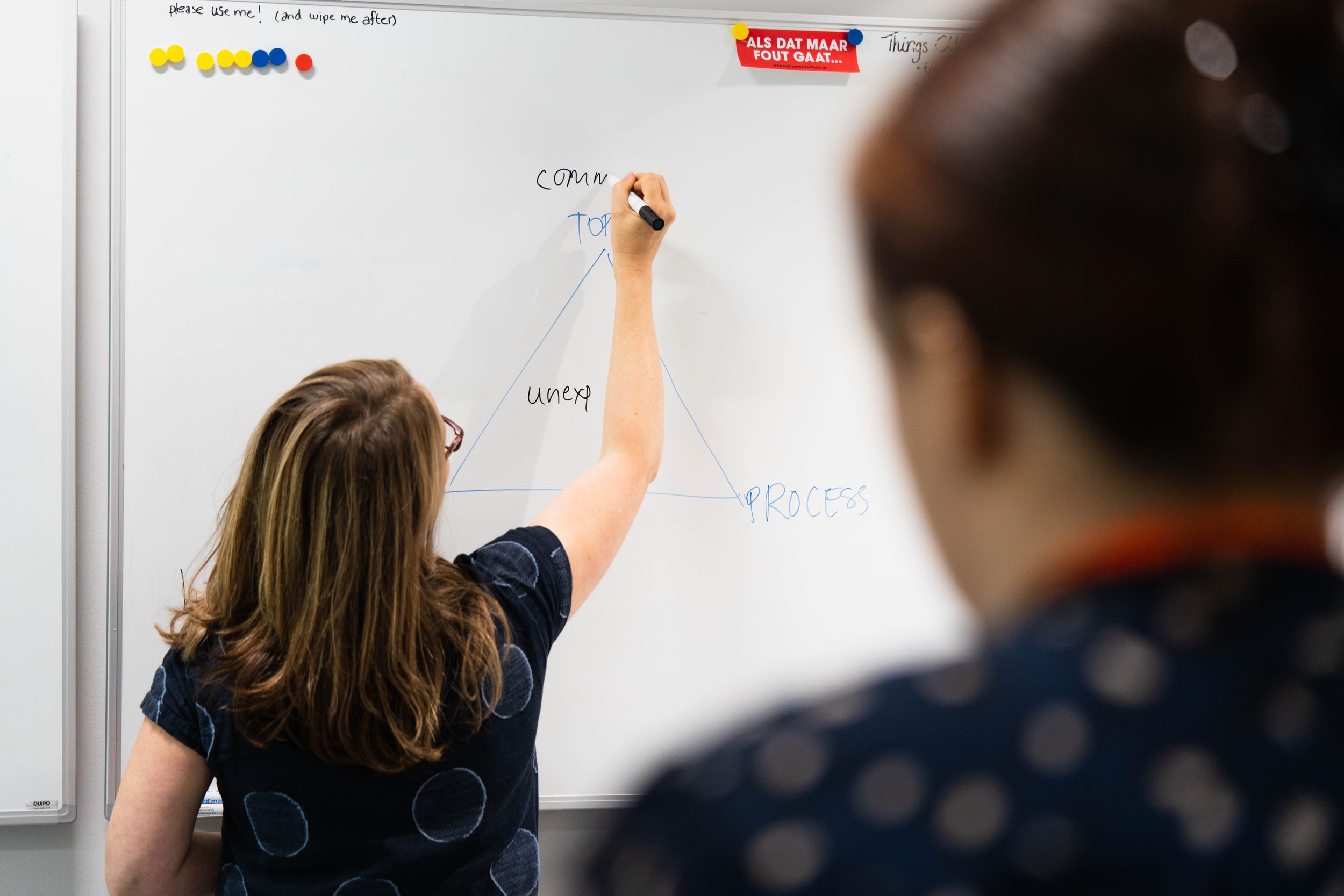Blog: ‘Something you just have to experience’: Insights from the first run of the SPARK Interdisciplinary Research training
Written by: Anke de Vrieze
Pictures by: Caspar Schoevaars
A common response to the name of our Centre is: That's such a great name! Tell me more! ‘Unusual collaborations’ sound exciting - and to be honest: they are! Getting out of your disciplinary bubble, meeting passionate scholars working in very different fields on very different topics in very different ways often sparks curiosity, creativity, joy and play. And where would science be without creativity and play!?
At the same time, stepping out of your disciplinary comfort zone, where you understand the cultural norms and codes and speak the language fluently, can be challenging. You can easily get lost in translation, it is time consuming and does not necessarily lead to the outcomes you had in mind when you started.
Acknowledging that unusual research collaborations require competences and skills that researchers do not necessarily already have, in 2022 the CUCo team set off to re-envision the Spark Grant as a two-phased learning journey. In phase 1, researchers from TU/e, WUR, UU, and UMC Utrecht engage in four half-day workshops. These serve the dual purpose of interdisciplinary research competence development and of connecting researchers with one another as potential Spark collaborators. In phase 2, training participants from different disciplines assemble a team and identify and develop a project topic for their project. Upon meeting the eligibility criteria they will be supported with the €9,000 grant, which can be used, for example, to finance meetings and events, assistants or other support, facilitators, field trips, etc.
Eight committed participants from the partner institutions joined in the first edition of the Spark Interdisciplinary Research Training Programme which started on the 12th of September and concluded October 3rd 2022. Over four Monday afternoons, the participants met at CUCo’s Nest (at Utrecht Science Park). The setup of phase 1 of the Spark learning journey is based on the seven core competences for interdisciplinary research and follows the process phases of Theory U. It was supported by the interdisciplinary competences self-assessment tool, developed by CUCo.
In this blog we share some key take-aways from the first training edition.
Curious to know more about why and how Corinne Lamain, Meghann Ormond, Anke de Vrieze and Leo Tiokhin developed this training, and the accompanying self-assessment tool? Read this previous blog post.
Unusual collaborations require an open mind to outcome and a commitment to process
While funding calls often strongly focus on thematic focus and outputs, at CUCo we’re seeking to support research collaborations that are unusual in theme, team and process. Coming in with strong pre-defined ideas on what to focus on, might prevent truly unusual ideas from emerging. Unusual collaborations thus require an open mind to outcome. At the same time, the way we get together as unusual collaborators is key to shaping our collaborations. Thus, we strongly emphasize the importance of process. In the training, we explored how we, as researchers, can design and facilitate processes that support effective collaborations across disciplines. Hence, we speak of the ‘holy trinity’ of theme, team and process.
Learning to listen at different levels is key to effectively shaping interdisciplinary research collaborations
In academia, we’re trained to listen critically: What data confirms what I know? What data refutes this? This is a useful form of listening, leading to vibrant academic debate. However, in interdisciplinary collaborations this form of listening might prevent deeper understanding of each other’s background. Throughout the training, we worked with forms of listening that are characterized by active listening and asking open questions, suspending judgment, feedback or advice (empathic and generative listening in Theory U terms). Not giving feedback or advice but truly trying to understand another person’s perspectives proved challenging at times, but participants were pleasantly surprised how these forms of listening brought the conversations to another level and supported finding common ground.
Creative and embodied exercises release energy and deepen learning
Unusual collaborations require unusual ways of thinking and acting. Creative and embodied exercises can support this, as they make use of non-linear ways of thinking. In the training, the group explored their positions as researchers in an embodied mapping exercise: what does truth mean to each of us and how do we believe to come to knowledge? We also did a surprising exercise exploring the interpersonal communication required to find common ground: Spark participants used long wooden sticks to gain an embodied understanding of negotiating co-creative tension.
Finding common ground is not about meeting in the middle
A prerequisite to bringing together and integrating different disciplinary perspectives is finding common ground. In the 3rd training session, we explored different approaches to finding common ground. We discovered how having everyone meet in the middle might at first seem right, but it means that everyone is out of their comfort zone, unable to draw from their own wealth of experience and expertise or to really grasp those of others. Finding common ground, we found, requires being invited to immerse ourselves in one another's comfort zones to better understand each other's contexts and approaches. It's in the dialogue that emerges after this mutual immersion that tensions between the different approaches can be appreciated and space for co-creation can emerge.
What’s next?
Two teams have formed that will enter Spark Phase 2. In phase 2, these teams identify and develop a project topic for their project. Additional members may be added to the team throughout Spark phase 2 in line with the team’s needs. Throughout Spark phase 2, teams, individually and collectively supported by CUCo-provided process coaches, will be able to 1) together explore, 'test' and reflect on individual competences; 2) set individual intentions with the project; 3) co-create a common working language, with support from an external facilitator that can be covered by the Spark grant funds; 4) work towards a joint grant proposal and/or deliver an unusual project output that brings together topic- and/or process-specific insights acquired throughout the collaboration process.
The next Spark interdisciplinary learning journey will begin with a new round of Phase 1 workshops in late March 2023. Interested in joining? Sign up here!

